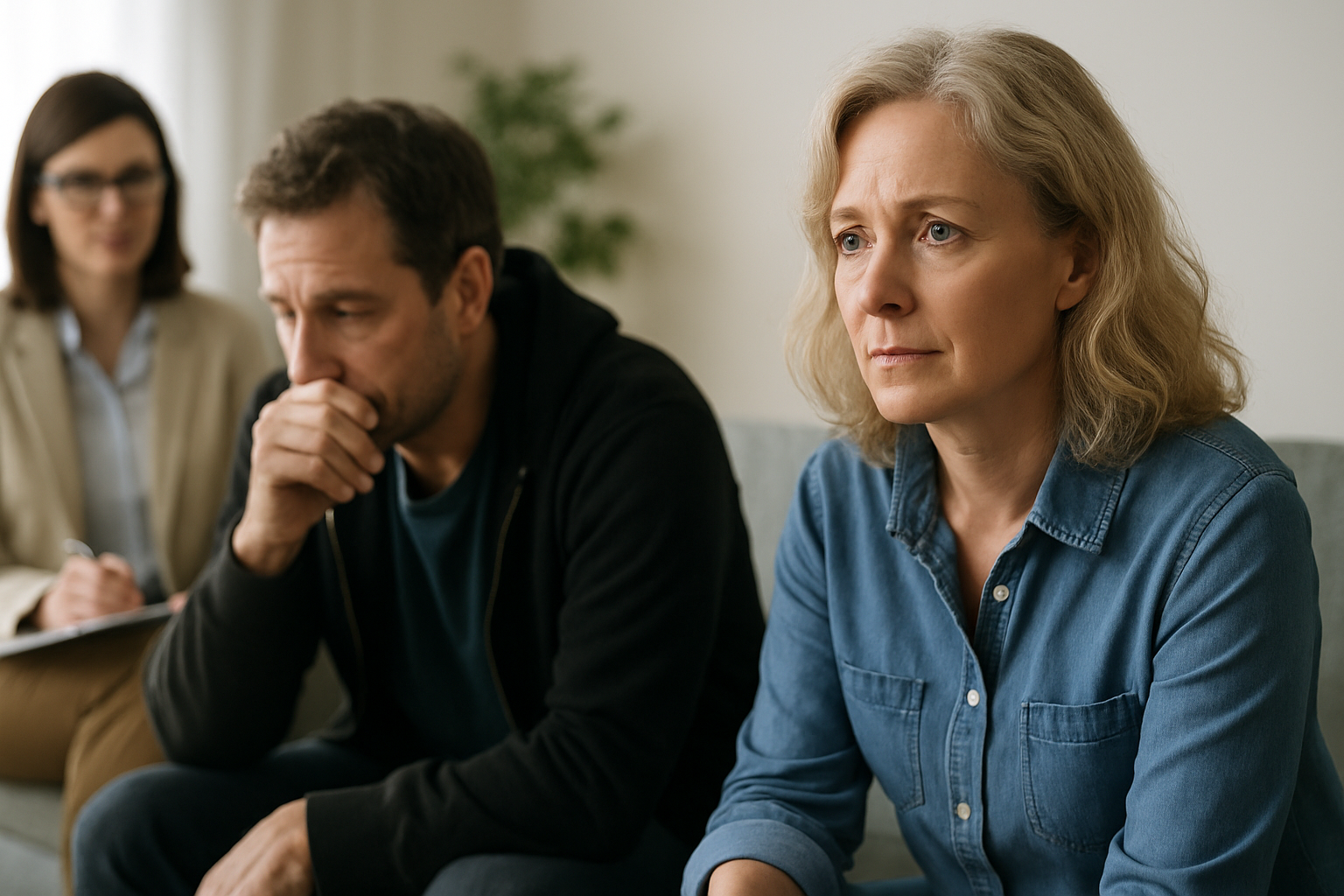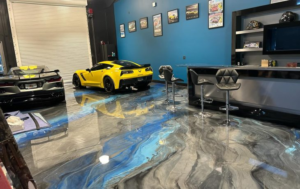Understanding Your Options: From Detox to Ongoing Support
Deciding to seek help for opioid addiction is a courageous step, but it often comes with a whirlwind of questions. Where do you begin? What treatments are available? And how can you stay clean after detox? Recuperation is about staying healthy, not about giving up. That means having a clear understanding of the different phases of treatment, from the first days of detox to the long-term support that keeps you on track.

In recent years, more people are turning to zubsolv treatment as part of their recovery journey. Zubsolv is a trusted medication that helps manage opioid withdrawal symptoms while reducing cravings, making the process of getting clean a little more manageable. It’s not a cure-all, but when paired with therapy and a strong support system, it becomes a powerful part of a full recovery plan.
Starting Strong: What Detox Really Looks Like
Let’s be real – detox is not easy. It is often described as the most difficult part of recovery because your body has to reset itself after depending on opioid. Return symptoms during detoxification might include everything from extreme anxiety and emotional swings to physical pain. This is the reason why a medically supervised detox is recommended. Your monitoring will be kept safe, and support to make it through those hard first days. But the detox alone is not enough. It cleans medicines from your body, but it does not address the reasons behind the intoxication or teaches you how to cope without substances. Where there are ongoing treatment steps.
Medication-Assisted Treatment: More Than Just a Pill
Once detox is complete, many recovery programs shift focus to long-term treatment options and this is where medication-assisted treatment (MAT) really shines. MAT combines medication with therapy and counseling. It doesn’t replace one drug with another; it helps balance your brain chemistry so you can think clearly, make decisions, and truly engage in your recovery.
Zubsolv is one of the medications used in MAT. It contains naloxone and buprenorphine, which have both been shown to lessen cravings and stop relapses. Zubsolv is fast-acting and made to dissolve beneath the tongue, in contrast to other previous therapies. It’s also easier to take consistently, which makes a big difference when trying to stick to a recovery plan.
The Emotional Work: Therapy and Counseling
Here’s the truth medication can only go so far. If you really want to stay clean, you’ll need to deal with the emotional and mental side of addiction. That’s where therapy comes in.
Through personal counseling, group therapy, or even family sessions, you will begin to find out what you did on the path of addiction. You will learn new ways to deal with stress, rebuild relationships and handle emotions that pushed you towards opioid. Some programs use cognitive behavior therapy (CBT), while others focus on trauma or life skills – the one who matters the most is looking for something that works for you.
Aftercare and Long-Term Support: Staying on the Path
Finishing a treatment program is a huge accomplishment, but staying sober after treatment takes continued effort. Aftercare can include outpatient counseling, recovery meetings, sober living homes, or mentorship programs. These tools help provide structure and community both of which are essential during the months and years after formal treatment ends.
Relapse is always a possibility, but the right support system lowers that risk significantly. Being surrounded by people who understand what you’ve been through and want to see you succeed can make all the difference.
Putting It All Together
Recovery isn’t about doing one thing right it’s about doing a lot of things consistently. You detox to clear your body. You use medication like Zubsolv to manage cravings. You attend therapy in order to change your perspective. And even when things are going well, you continue to be there for support.
The good news is that you don’t have to do this alone. There are clinics and professionals who specialize in guiding people through every step of this process. Places like MATClinics offer compassionate, evidence-based care designed to help people not only break free from addiction but also build a better life after it.






